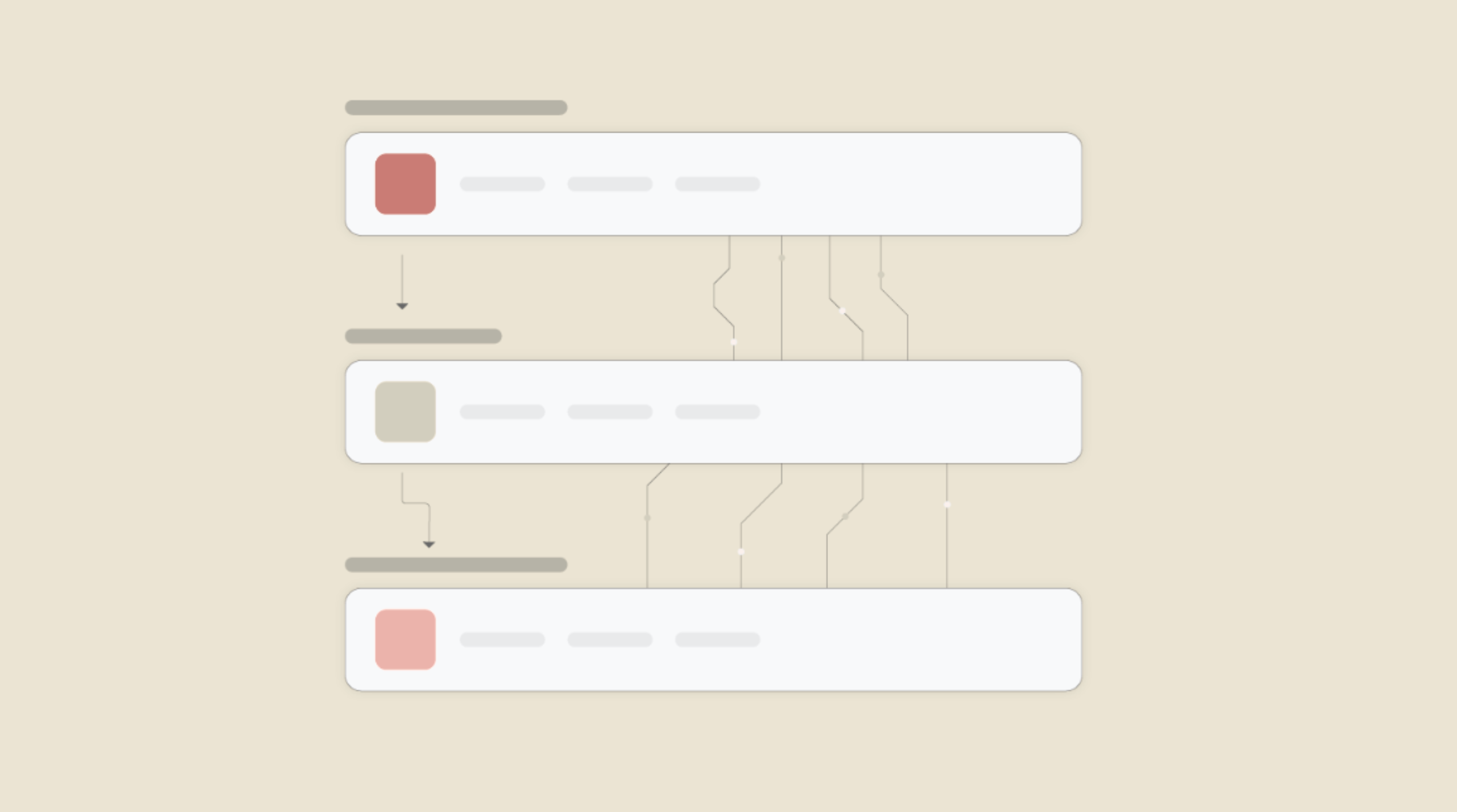Connect Email and Diffbot to Build Intelligent Automations
Choose a Trigger

When this happens...
- Request a new Trigger for Email
Choose an Action

Automatically do this!

Enhance
Enable Integrations or automations with these events of Email and Diffbot
Enable Integrations or automations with these events of Email and Diffbot
Actions
Viasocket will send email for Human Intervention purpose
Enhance
Enrich a organization record with partial data input (POST option).
Explore more automations built by businesses and experts
Automate Instagram Comment Replies with Smart DMs
- text is ai
 ReplytoComment
ReplytoComment Send a Private ReplyAdd Step
Send a Private ReplyAdd Step - Is guide comment
 ReplytoComment Guide
ReplytoComment Guide Send a Private Reply GuideAdd Step
Send a Private Reply GuideAdd Step - multi keyword matchcmntdqJzLMYS
 ReplytoCommentMultiKeywordAdd Step
ReplytoCommentMultiKeywordAdd Step
Automate Expense Report Approvals via Slack & QuickBooks
- Send for Approval accept
 Create Entry of expensesAdd Step
Create Entry of expensesAdd Step - Send for reject
 Mail for RejectionAdd Step
Mail for RejectionAdd Step
Automate Instagram DM Replies, Reactions, and Team Alerts
- has response
 SendDMMessageAdd Step
SendDMMessageAdd Step - Notify team
 SendMailAdd Step
SendMailAdd Step - has react
 SendDMMessage ReactAdd Step
SendDMMessage ReactAdd Step
Know More About Email and Diffbot Integrations

How viaSocket Works | A Complete Guide
Gain insights into how viaSocket functions through our detailed guide. Understand its key features and benefits to maximize your experience and efficiency.

5 Simple Automation Hacks to Make Your Team Free
Unlock your team's potential with 5 straightforward automation hacks designed to streamline processes and free up valuable time for more important work.

What is Workflow Automation - Definition, Importance & Benefits | A Complete Guide
Workflow automation is the process of using technology to execute repetitive tasks with minimal human intervention, creating a seamless flow of activities.
Frequently Asked Questions
To start, connect both your Email and Diffbot accounts to viaSocket. Once connected, you can set up a workflow where an event in Email triggers actions in Diffbot (or vice versa).
Absolutely. You can customize how Email data is recorded in Diffbot. This includes choosing which data fields go into which fields of Diffbot, setting up custom formats, and filtering out unwanted information.
The data sync between Email and Diffbot typically happens in real-time through instant triggers. And a maximum of 15 minutes in case of a scheduled trigger.
Yes, viaSocket allows you to add custom logic or use built-in filters to modify data according to your needs.
Yes, you can set conditional logic to control the flow of data between Email and Diffbot. For instance, you can specify that data should only be sent if certain conditions are met, or you can create if/else statements to manage different outcomes.
About Email
Human Intervention is a powerful tool designed to facilitate seamless human interaction within automated workflows. It allows users to pause automation processes and request human input or approval before proceeding, ensuring accuracy and compliance in critical tasks.
Learn MoreAbout Diffbot
Diffbot is a powerful AI-driven data extraction and analysis platform that automates the process of gathering and structuring web data. It uses machine learning and computer vision to transform web pages into structured data, making it easier for businesses to access and utilize information from the web.
Learn More